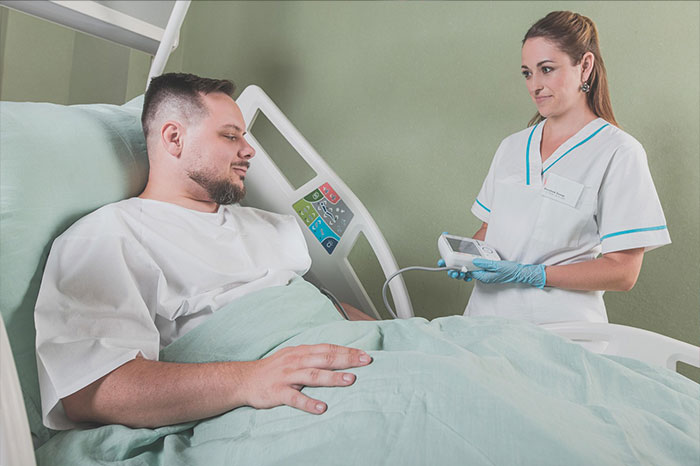
Hospitals enlist pharmacists to help physicians care for patients
Pharmacists are playing a bigger role in medical care as hospitals try to enhance inpatient treatment and recovery.
Pharmacists in hospitals may work as part of a collaborative effort with physicians in medical prescribing. This can include making rounds with the medical team to review patient care and develop treatment strategy.
With “interdependent prescribing,” a physician makes the initial diagnosis and, if appropriate, the pharmacist takes the lead in selecting the medication regimen, writing prescriptions, and monitoring drug therapy, says a National Institutes for Health report.
”This model of prescribing is not independent as it requires a collaboration of team members and use of their expertise.”
The pharmacist must be credentialed to perform these added duties.
Examples
Some instances of hospital pharmacists working with physicians and other medical staffers:
- Managing lipid, anticoagulation and diabetes prescriptions
- Modifying drug regimens based on a patient’s renal, hepatic, and hematological parameters
- Initiating antimicrobial therapy.
For a diabetes patient, for example, qualified pharmacists may choose the medication, dosage and frequency; order additional care, such as a dietitian, and order lab tests.
They also may be involved in discharge planning to ensure a successful transition from the hospital to home or to a rehab facility.
Benefits
The increased involvement of pharmacists is a smart step because hospital admissions are growing and patient illnesses are more complex. In addition, the presence of a pharmacist is expected to reduce the number of medication errors.
Want to know more about enhanced inpatient pharmacy models? See https://pmc.ncbi.nlm.nih.gov/articles/PMC3839474
LVRX Pharmacy treats generations of families, demonstrating its well-earned reputation for knowledge, reliability and service.
